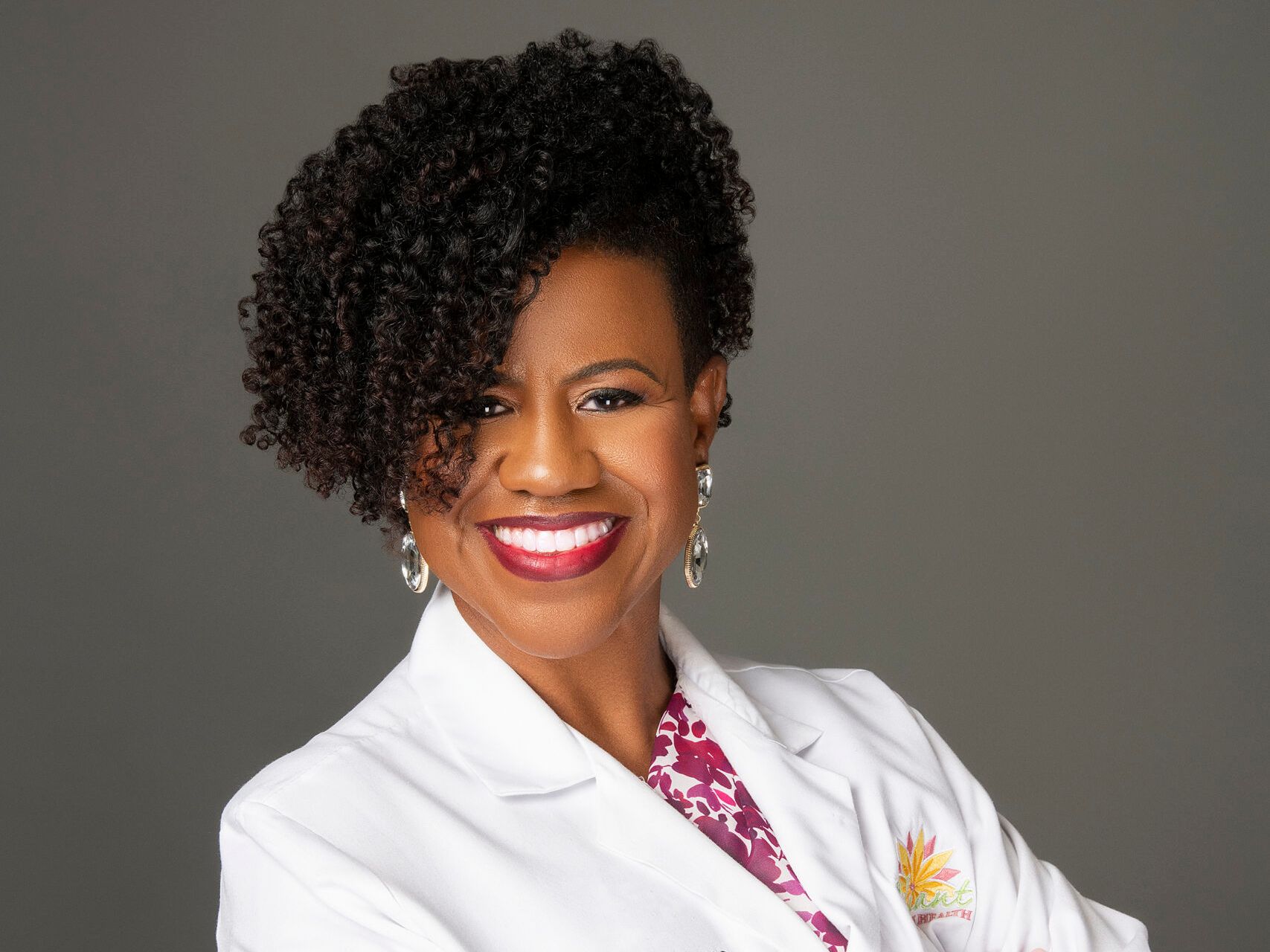 Transcript: My name is Dr. Julianne Adams Birt. And I am an OB-GYN. I practice in Conyers, which is outside of Atlanta, Georgia, and here at the National Medical Association I actually serve as chair of the Women’s Council. The council on concerns of Women. So when you asked me the question, how does health equity impact my line of work? Well, greatly because I’m a women’s health specialist. And so every day in the office, I am dealing with patients who first of all don’t even understand what their health access and health rights are. Reproductive justice is a very popular phrase that’s out there today. But it’s extremely important because of course, dealing with patients who are in their reproductive years. And then as they get older and past that point in their lives, they’re just so many things that impact them that I feel like a teacher every day trying to educate patients and then on the back end, many of us deal with insurance and trying to convince – we have to prove what our patients need. And I do have a huge population of black women as my patients. So we find ourselves having to fight the good fight, trying to get them approved not only for medications authorized for particular procedures that they should be first-line.
Transcript: My name is Dr. Julianne Adams Birt. And I am an OB-GYN. I practice in Conyers, which is outside of Atlanta, Georgia, and here at the National Medical Association I actually serve as chair of the Women’s Council. The council on concerns of Women. So when you asked me the question, how does health equity impact my line of work? Well, greatly because I’m a women’s health specialist. And so every day in the office, I am dealing with patients who first of all don’t even understand what their health access and health rights are. Reproductive justice is a very popular phrase that’s out there today. But it’s extremely important because of course, dealing with patients who are in their reproductive years. And then as they get older and past that point in their lives, they’re just so many things that impact them that I feel like a teacher every day trying to educate patients and then on the back end, many of us deal with insurance and trying to convince – we have to prove what our patients need. And I do have a huge population of black women as my patients. So we find ourselves having to fight the good fight, trying to get them approved not only for medications authorized for particular procedures that they should be first-line.
Culturally Sensitive Care
Expert Opinions
Health Disparities
Health Equity
OBGYN
OBGYN & Women's Health








